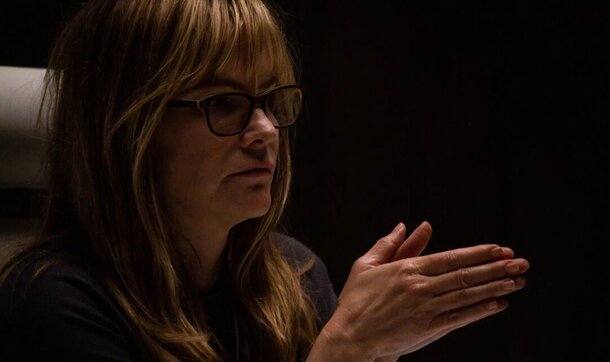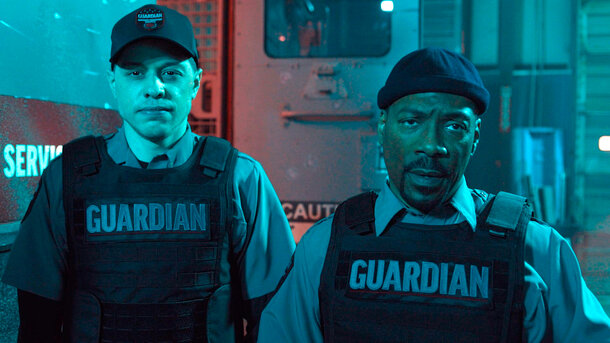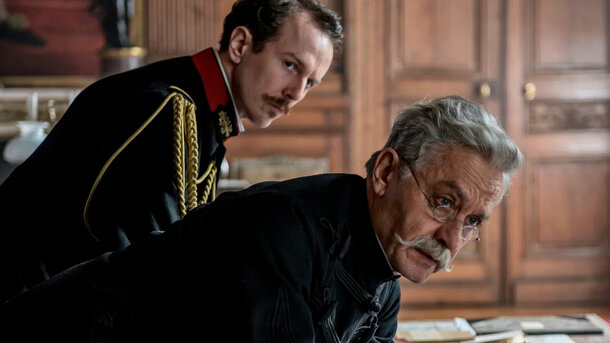If you know, you know. The name alone conjures up images of unsettling body horror and psychological twists that crawl under your skin and refuse to leave. So, when Brandon Cronenberg (yes, son of the legendary David Cronenberg) brought Possessor into the world, I knew I was in for a mind-bending ride. But trust me, this one doesn’t just echo his father’s work — it carves out its own disturbingly brilliant identity.
A Mind Hijacked: Plot Without the Spoilers
Picture this: a near-future where assassins don’t get their hands dirty. Instead, they hijack the bodies of unsuspecting hosts through brain-implant technology, steering them like marionettes to carry out high-profile hits. Our protagonist, Tasya Vos (played by the hauntingly magnetic Andrea Riseborough), is one such elite assassin. But as the lines blur between her identity and that of her latest host (Christopher Abbott), things spiral into a gruesome freefall.
It's a film drenched in dread, violence, and existential questions that gnaw at you long after the credits roll.

Brandon Cronenberg’s Vision: Like Father, Like… Rebel?
Brandon doesn’t merely follow in his father’s footsteps — he dances on the edge of them, crafting a universe that feels both familiar and starkly original. The world of Possessor is cold, clinical, and unsettlingly plausible. The dystopia isn’t spelled out in detail — it’s suggested, whispered through sterile corporate spaces and high-tech horror.
Where Possessor excels is in its unflinching approach to identity erosion. There’s no hand-holding here. Cronenberg throws you into the deep end, and it’s up to you whether you swim or sink.
Performances: Two Leads, One Battle
Andrea Riseborough is a revelation. Her portrayal of Vos — a woman losing herself, fragmenting bit by bit — is as chilling as it is sympathetic. But Christopher Abbott nearly steals the show. His role demands both vulnerability and menace, often within the same breath, as he portrays a man unknowingly hijacked, fighting for control of his own mind.

Jennifer Jason Leigh, as Vos’s handler, adds that extra layer of corporate coldness, grounding the surreal plot in something eerily real.
Cinematography & Sound: A Feast for the Brave
Oh, the visuals! Cinematographer Karim Hussain paints Possessor with strokes of neon and blood, crafting imagery that is both stunning and stomach-churning. The use of practical effects over CGI heightens the visceral experience, making every scene feel painfully tangible. The sound design, too, is a masterpiece of tension. There’s an oppressive hum that sits in your chest, and the score by Jim Williams amplifies the unease without ever overwhelming it.
Audience Reactions: USA vs. UK
Now, here’s where it gets fascinating. UK audiences, with their penchant for grim, psychological fare, embraced Possessor for its cerebral horror and artistic audacity. It was hailed as a bold, unsettling meditation on identity and control — a proper thinking person’s horror.
Across the pond in the USA, reactions were more split. While critics lauded its ambition, mainstream viewers found its graphic violence and opaque narrative challenging. For some, it was too much — a sensory overload with no respite. For others, it was a masterpiece in modern horror.
Final Thoughts: Dare You Enter?
Possessor isn’t a film you watch. It’s a film you endure — and I mean that in the best possible way. It’s provocative, violent, and disturbingly relevant. Brandon Cronenberg proves he’s a force to be reckoned with, weaving a cautionary tale about the price of losing oneself — literally.
If you’re in the mood for a standard thriller, this isn’t it. But if you’re ready for a plunge into existential dread with some of the boldest visuals I’ve seen in years, give it a go. Just… maybe not right before bed.
- IMDb Rating: 6.5/10
- Budget: $5–10 million USD
- Awards: Best Director (Sitges Film Festival)











